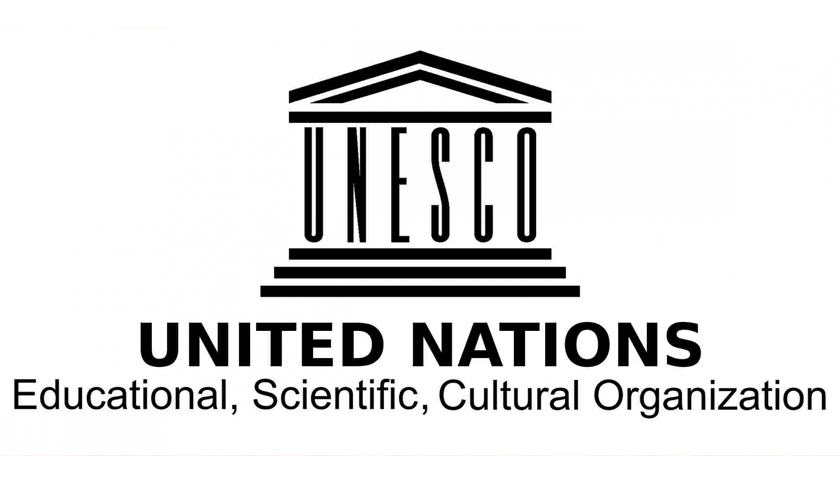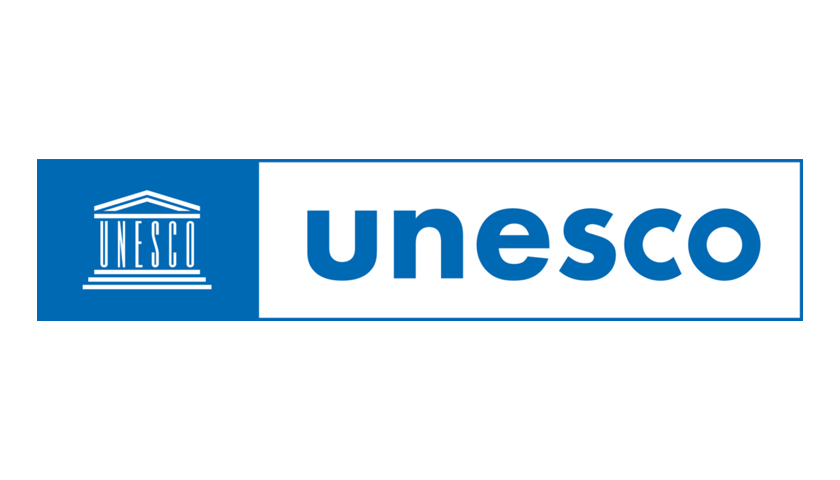UNESCO’s Global Education Coalition pledged to support Ukraine’s efforts to provide on-line learning and psycho-social counselling to students and teachers in the country during a meeting with the Deputy Minister of Education and officials from the Ministry on 15 March 2022.
The Global Education Coalition, established in March 2020 to maintain learning continuity during COVID-19 pandemic, is an alliance of 200 public and private partners active in over 100 countries that matches expertise with needs in an agile and rapid manner.
Partners present at the meeting convened by UNESCO included Apple, Blackboard, Carey Institute for Global Good, Code.org, Curious Learning, EdX, Google, GSMA, IBM, ISTE, Khan Academy, KPMG, LabXchange, Learning Equality, Microsoft, Orange, Qualcomm, Raccoon Gang, Study Portals, Teach For All, Teacher Task Force, University of People and WeSchool.
Support from the partners ranged from scholarships for learners, free access to accredited courses, translation of educational content, crisis-sensitive teacher training and professional development support for teachers.
Among the commitments by members of the Global Education Coalition:
- Blackboard: support for learning management systems as well as professional development for teachers to facilitate the transition to digital learning
- Carey Institute for Global Good: access to several online courses, including a self-paced courses on trauma-informed teaching and refugee educator foundations of practice
- EdX: free access for all Ukrainian college and university students to the online Edx campus and over 1,600 courses and programmes from leading institutions and companies
- International Society for Technology in Education (ISTE): free enrollment for educators in the organization’s new micro-course on supporting student well-being.
- University of the People: 1,000 scholarships for Ukrainian higher education students
The Ministry has called on the international community to support the development and implementation of a Plan to protect and restore education in Ukraine.
More than one million school-age children have been forced to flee violence into neighboring countries, while the entire school and university age population is affected.
“We have been working intensively from the first day of the war. We cannot lose this entire generation of children,” said Arthur Seletskiy, Deputy Minister of Education and Science. “We are relaunching distance learning where security and safety enables. Our “Learning without Limits” project is enabling students to follow video classes. Resources for education are being diverted to our defense so we desperately need your financial support for education, learning materials and educational infrastructure.”
Dmytro Zavgorodnii, Head of the Ministry’s Digital Department explained that Ukraine boosted its distance learning system during COVID-19 through the All-Ukrainian School Online platform, the Laptop for Every Teacher initiative and the Online University Admission. He requested support for expanding these to create additional contents for primary school; provide advanced training and additional laptops for school teachers, and an e-exam platform for university applicants.
“Education must be part of the humanitarian response – to provide psychosocial support, protection, kinship and opportunities to keep learning in these dramatic times,” said Stefania Giannini, UNESCO Assistant Director-General for Education. “Ukraine’s impressive range of remote learning platforms is a basis for building resilience. UNESCO’s Global Education Coalition can be leveraged to expand online learning platforms in Ukraine and refugee-hosting countries; to support teachers; make available learning contents and provide online socio-emotional support to help students and teachers.”
According to data from UNESCO’s Institute for Statistics, Ukraine’s total school-age population from pre-primary to tertiary education is over 6.84 million. This represents 1.05 million in pre-primary, 1.72 million and 2.54 million respectively at primary and secondary levels, and 1.53 million in tertiary education.
Ukraine has become a hub for students from abroad at tertiary level, with a five-fold increase between 2001 and 2020 to 61,000 foreign students. The top five countries sending students to Ukraine are India, Morocco, Azerbaijan, Turkmenistan and Nigeria.
The county counts 15,500 preschool institutions; 14,000 primary and basic secondary schools; , 695 vocational education institutions; and 336 higher education institutions.
According to the Ukrainian Ministry of Education and Science, as of 13 March, 379 educational institutions have been damaged or destroyed in Ukraine.
In a meeting with Ukraine’s Minister of Education and Science Shkarlet on 13 March, Stefania Giannini pledged to support Ukraine to meet the needs of all learners, both within the country and in neighbouring and refugee hosting countries.

